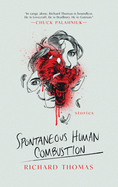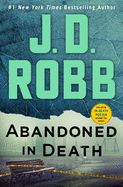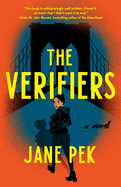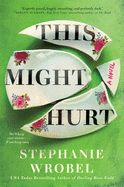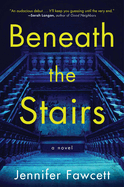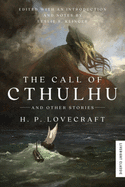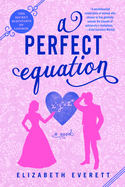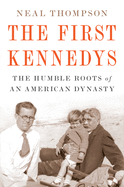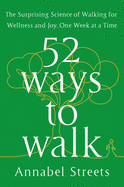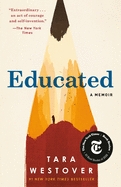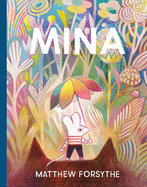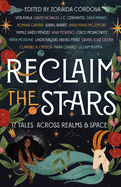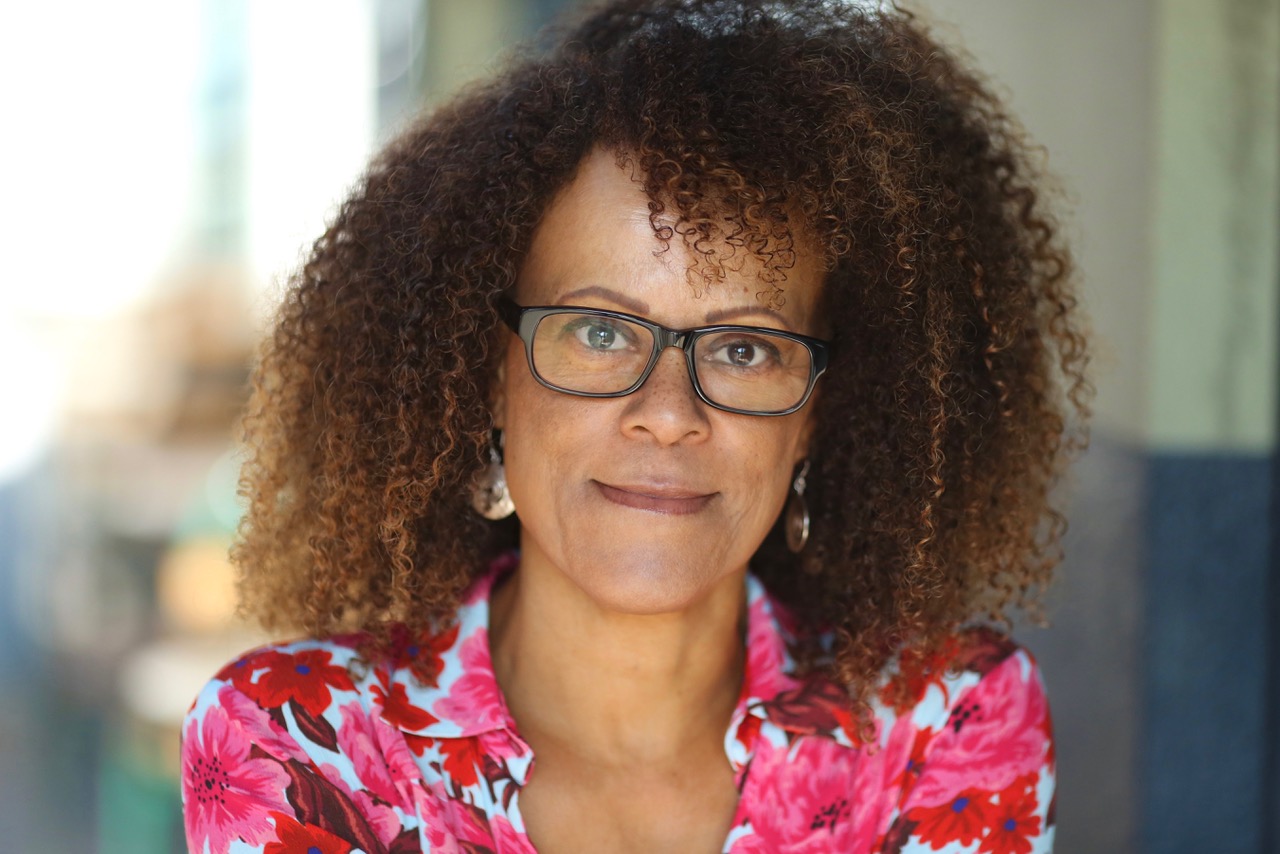 |
| photo: Jennie Scott |
Bernardine Evaristo won the 2019 Booker Prize for Girl, Woman, Other, which also was a winner and finalist for other awards, including the Women's Prize for Fiction and the Dublin Literary Award. Evaristo is the author of seven other books that explore aspects of the African diaspora. Her writing spans verse fiction, short fiction, poetry, essays, literary criticism and drama. Evaristo is president of the Royal Society of Literature, professor of Creative Writing at Brunel University London and an Honorary Fellow of St Anne's College, Oxford. She received an OBE in 2020, and lives in London with her husband. Her most recent book is Manifesto: On Never Giving Up (Grove), a memoir that focuses on creativity and offers inspirational guidance to emerging writers.
On your nightstand now:
I probably have a hundred books waiting to be read, sometimes they sit on my shelves for years, but top of my list is a proof copy of Young Mungo by Douglas Stuart, because I was bowled over by Shuggie Bain. Sterling Karat Gold by Isabel Waidner has just won the Goldsmiths Prize for experimental fiction in the U.K. Dipping into the book, it's clear that her prose style is so energetic and dazzling, I need to wait until my hectic life quietens down to read it. Also, The Transgender Issue: An Argument for Justice by Shon Faye. I'm reading it to learn more about the issues from someone who is trans herself. The Dutch House by Ann Patchett; I've never read her and want to.
Favorite book when you were a child:
I've been asked this a lot recently and to be honest, I devoured books as a child but as they were borrowed from the library, I don't remember what they were. The Ballet Shoes by Noel Streatfeild is the only book I remember because I was given a copy for Christmas. I really need to re-read it in order to understand how it captured my imagination.
Your top five authors:
I think the authors who inspired me when I was younger are the ones I hold closest to my heart. At first I was overwhelmed by their genius, as I saw it, but eventually I understood that I would never write like them, which was how it should be. They inspired me to find my own voice/s. Toni Morrison and Derek Walcott are the ones who have stayed favourites since my 20s.
Book you've faked reading:
I probably have, but nothing springs to mind. It's strange that we live in a society where we feel that as writers we should have read certain books, usually from the traditional canon, which I rejected at a young age. I somehow think that if I had been immersed in the canon in my formative years, I'm unlikely to have become an experimental writer. I had to find my own way through literature--as reader and writer.
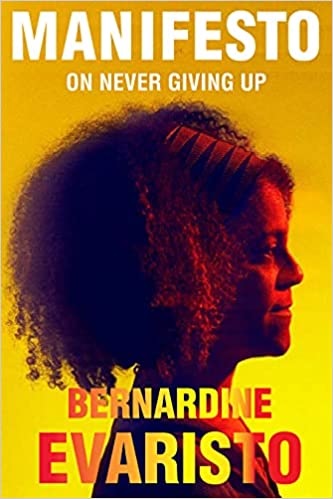 Book you're an evangelist for:
Book you're an evangelist for:
The Joys of Motherhood by Buchi Emecheta, who arrived in the U.K. from Nigeria in the '60s. She was Britain's most prolific black writer for a very long time but she was terribly overlooked. When I read The Joys of Motherhood, I felt as if I was learning something about my father's Nigerian mother, whom I never met. Set in Nigeria in the first half of the 20th century, it follows the life of Nnu Ego, a woman whose pre-ordained role in life is to be married off by her father and give birth to sons. Her choices are limited, her education non-existent, but she makes the best of the fate handed to her in her little community. Like my grandmother, Nnu Ego is an illiterate petty trader living in Lagos and, like my grandmother, she loses her children, some of whom go to live overseas. This is a brilliant, fascinating, thought-provoking read.
Book you've bought for the cover:
I think I must have done but I can't remember which ones.
Book you hid from your parents:
None that I remember.
Book that changed your life:
Self-help and motivational books that I read in my 30s such as Feel the Fear and Do It Anyway by Susan Jeffers and Mindstore by Jack Black.
They were truly life-changing in that they helped me examine myself in ways that were new to me, such as how to be a better version of myself or how to dream big and work towards achieving it, and how to develop a positive outlook.
Favorite line from a book:
"The jet bores like a silverfish through volumes of cloud -/ clouds that will keep no record of where we have passed,/ not the sea's mirror, nor the coral busy with its own/ culture; they aren't doors of dissolving stone,/ but pages in a damp culture that come apart." --from Midsummer by Derek Walcott
Five books you'll never part with:
All my Morrison and Walcott books--Beloved and Midsummer chief among them. for coloured girls who have considered suicide/ when the rainbow is enuf by Ntozake Shange, another seminal influence on my early writing for theatre--my first career. Independent People by Halldór Laxness, which I read the first time I visited Iceland about 20 years ago and wanted some insight into the country and its history. Published in the '30s, it's about a struggling sheep farmer, Guðbjartur Jónsson, and I found it utterly engrossing and fascinating. My original copy of The Bone People by Keri Hulme. Many of the black women's anthologies that I read in the '80s such as Gap Tooth Girlfriends, a collection of black women's poetry edited by Alexis de Veaux, and Home Girls: A Black Feminist Anthology edited by Barbara Smith. Also the books of Audre Lorde, Alice Walker, Michelle Cliff, Gloria Naylor. These writers were lifesavers for my younger self and were the only ones who centered black women in their pages.
Book you most want to read again for the first time:
The Road by Cormac McCarthy--for its bleak, haunting, poetic, devastating beauty.
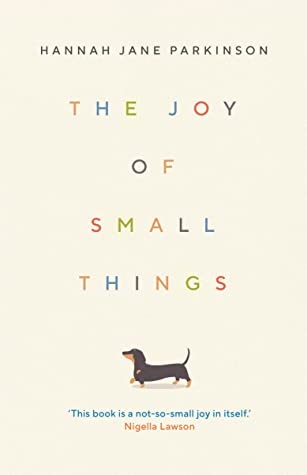 Hannah Jane Parkinson's witty, charming essay collection The Joy of Small Things (Faber & Faber, $15.95) is exactly what it sounds like: a compilation of Parkinson's columns for the Guardian celebrating quotidian, idiosyncratic joys. Techno music, red lipstick, night bus trips and cheating a hangover are among her delights, and her unabashed elation inspired me to notice my own pleasures.
Hannah Jane Parkinson's witty, charming essay collection The Joy of Small Things (Faber & Faber, $15.95) is exactly what it sounds like: a compilation of Parkinson's columns for the Guardian celebrating quotidian, idiosyncratic joys. Techno music, red lipstick, night bus trips and cheating a hangover are among her delights, and her unabashed elation inspired me to notice my own pleasures.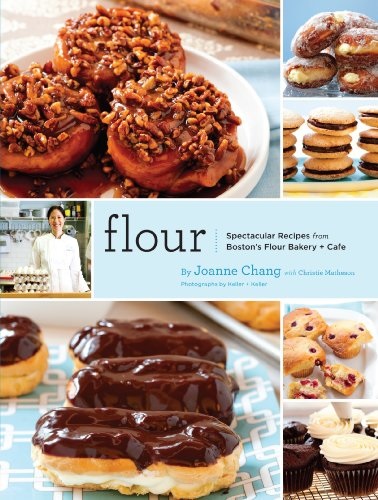 I like cooking year round, but am especially keen on baking in the winter. This season, I've reached for dessert inspiration in the form of Flour by Joanne Chang (Chronicle, $35) and Nadiya Bakes (Clarkson Potter, $29.99) by Nadiya Hussain, the 2015 winner of The Great British Baking Show. Chang, the founder-owner of Boston's Flour Bakery + Cafe, delivers detailed recipes for her goodies, including raspberry crumb bars, lemon-ginger scones (with three kinds of ginger!) and the chunkiest chocolate-chip cookies. Hussain showcases clever new recipes and bold twists on traditional desserts (blueberry scone pizza?!). Both books remind me that you don't need an industrial kitchen to whip up tasty treats--though I do covet Hussain's bright pink hand mixer.
I like cooking year round, but am especially keen on baking in the winter. This season, I've reached for dessert inspiration in the form of Flour by Joanne Chang (Chronicle, $35) and Nadiya Bakes (Clarkson Potter, $29.99) by Nadiya Hussain, the 2015 winner of The Great British Baking Show. Chang, the founder-owner of Boston's Flour Bakery + Cafe, delivers detailed recipes for her goodies, including raspberry crumb bars, lemon-ginger scones (with three kinds of ginger!) and the chunkiest chocolate-chip cookies. Hussain showcases clever new recipes and bold twists on traditional desserts (blueberry scone pizza?!). Both books remind me that you don't need an industrial kitchen to whip up tasty treats--though I do covet Hussain's bright pink hand mixer.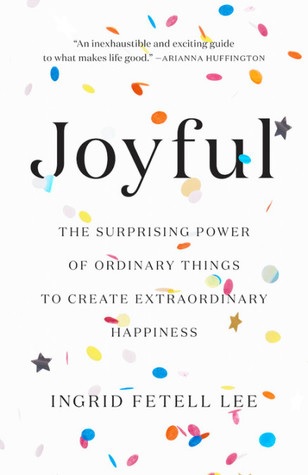 Finally, Joyful by designer Ingrid Fetell Lee (Little, Brown Spark, $18.99) provides a tour of what she calls "the aesthetics of joy": patterns, objects and modes of design that can enhance or inspire delight in our daily lives. Exploring harmony, magic, transcendence and other concepts, she shows how the physical environment (built or natural) can have a profound effect on our moods. As I wait for spring, I'll be searching out every kind of joy--culinary, aesthetic or simply everyday--that I can find. --Katie Noah Gibson, blogger at Cakes, Tea and Dreams
Finally, Joyful by designer Ingrid Fetell Lee (Little, Brown Spark, $18.99) provides a tour of what she calls "the aesthetics of joy": patterns, objects and modes of design that can enhance or inspire delight in our daily lives. Exploring harmony, magic, transcendence and other concepts, she shows how the physical environment (built or natural) can have a profound effect on our moods. As I wait for spring, I'll be searching out every kind of joy--culinary, aesthetic or simply everyday--that I can find. --Katie Noah Gibson, blogger at Cakes, Tea and Dreams



 Book you're an evangelist for:
Book you're an evangelist for: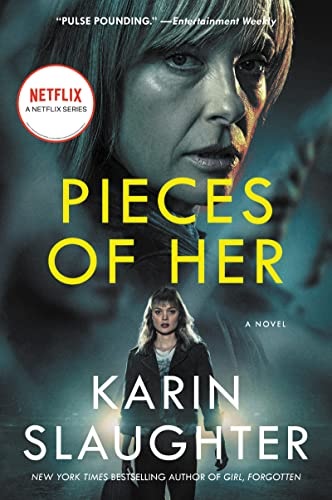 On March 4, Netflix will release Pieces of Her, based on the 2018 thriller by Karin Slaughter. Bella Heathcote stars as Andrea Oliver, who is celebrating her 31st birthday at a local diner with her mother, Laura (Toni Collette), when a mass shooting happens. Laura surprises her daughter by violently and seemingly effortlessly stopping the shooter. When footage of Laura goes viral, old enemies come looking for her, revealing a hidden past the mother/daughter duo must flee. The series also stars David Wenham (Lord of the Rings, 300), Joe Dempsie (Game of Thrones), Omari Hardwick (Power), Terry O'Quinn (Lost), Nicholas Burton (Damaged) and Aaron Jeffery (X-Men Origins: Wolverine). The show was created by Bruna Papandrea, Lesli Linka Glatter and Charlotte Stoudt, who serves as writer and showrunner. All eight episodes of the first season were directed by Minkie Spiro.
On March 4, Netflix will release Pieces of Her, based on the 2018 thriller by Karin Slaughter. Bella Heathcote stars as Andrea Oliver, who is celebrating her 31st birthday at a local diner with her mother, Laura (Toni Collette), when a mass shooting happens. Laura surprises her daughter by violently and seemingly effortlessly stopping the shooter. When footage of Laura goes viral, old enemies come looking for her, revealing a hidden past the mother/daughter duo must flee. The series also stars David Wenham (Lord of the Rings, 300), Joe Dempsie (Game of Thrones), Omari Hardwick (Power), Terry O'Quinn (Lost), Nicholas Burton (Damaged) and Aaron Jeffery (X-Men Origins: Wolverine). The show was created by Bruna Papandrea, Lesli Linka Glatter and Charlotte Stoudt, who serves as writer and showrunner. All eight episodes of the first season were directed by Minkie Spiro.